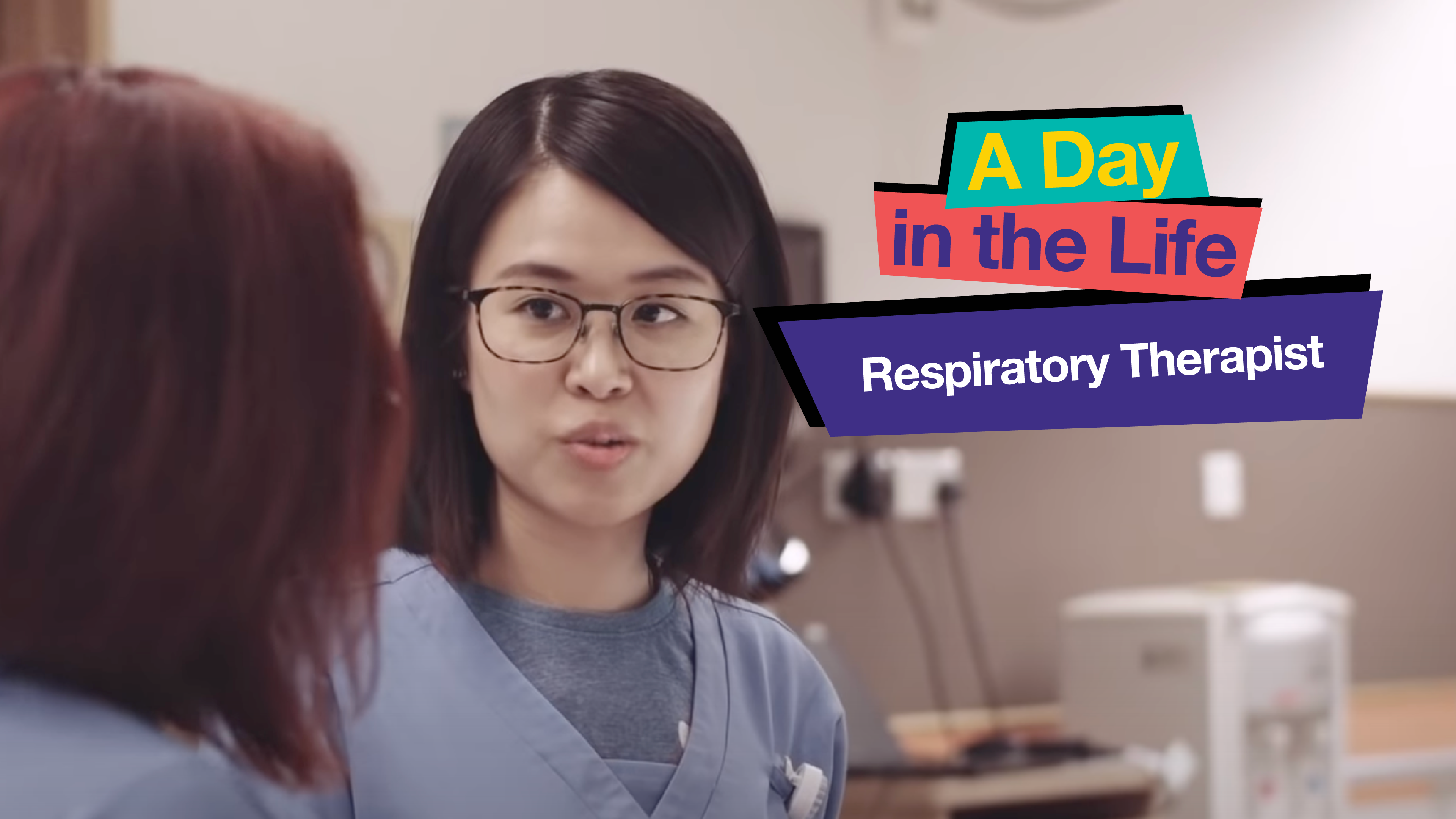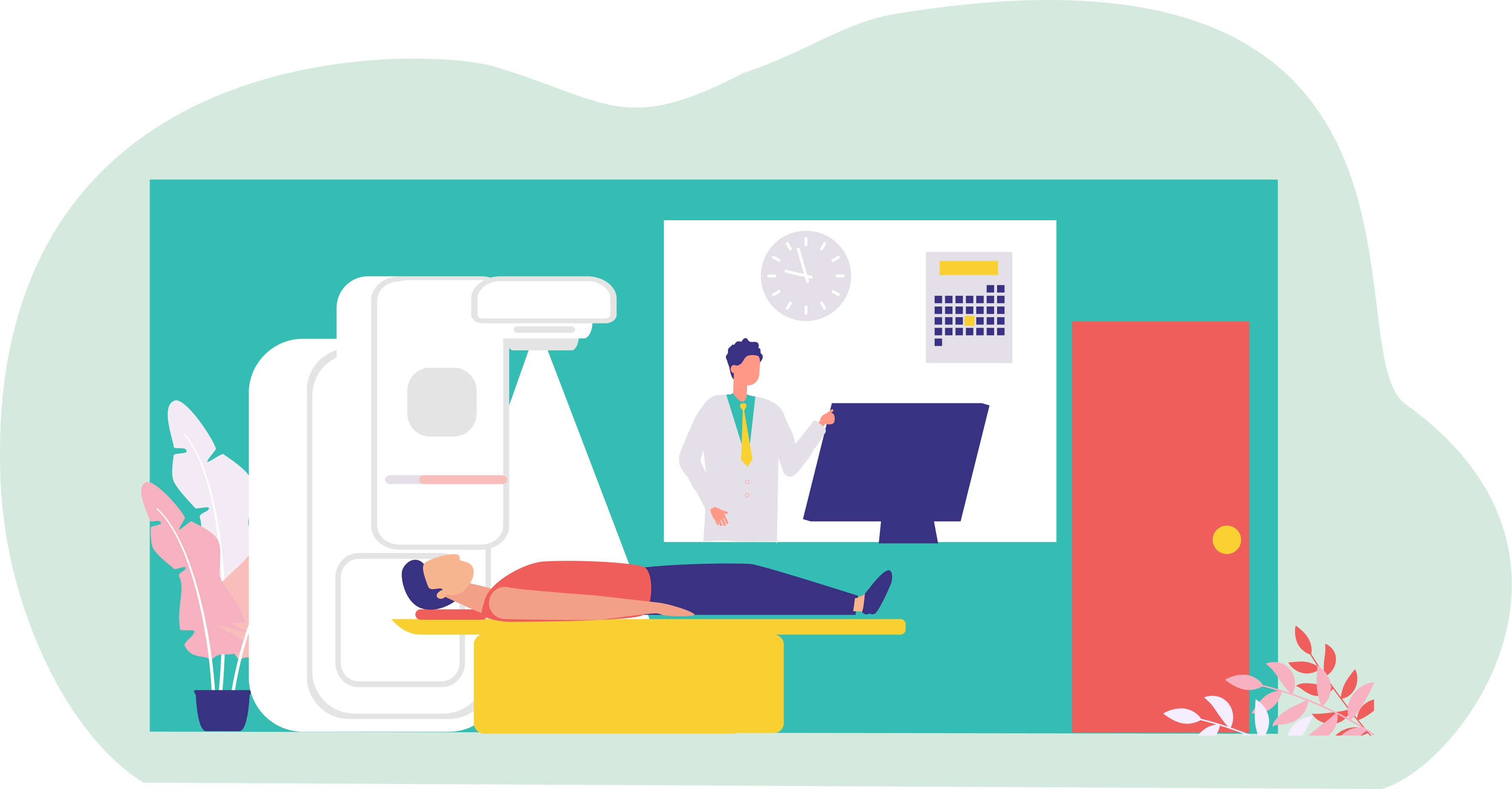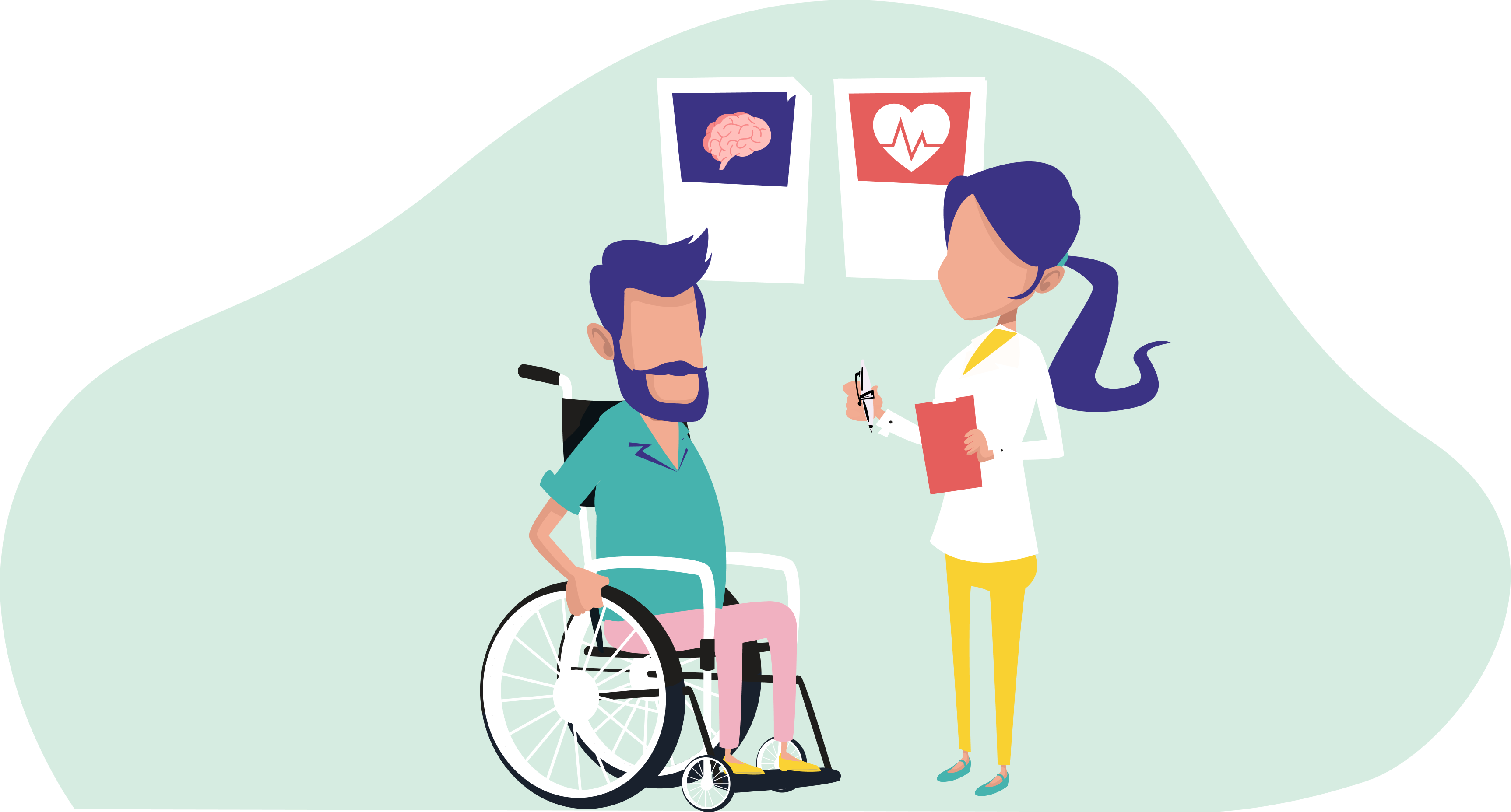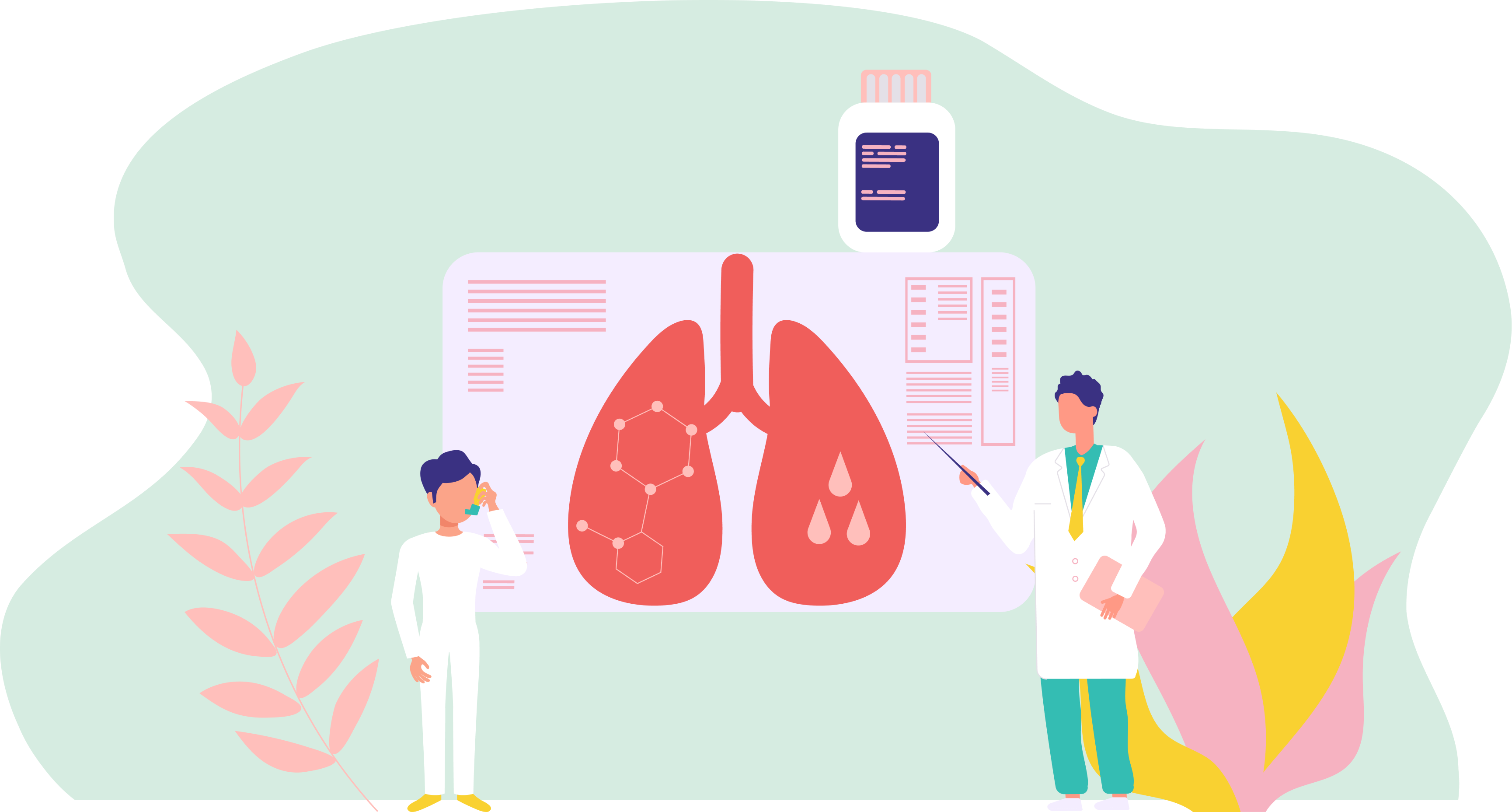
Respiratory Therapists help patients with breathing difficulty to breathe better through the use of sophisticated medical machinery like ventilators and breathing therapy.
Respiratory Therapist Job Description
- Provide patient care through the use of breathing machines (mechanical ventilators).
- Adjust settings of the mechanical ventilator according to a patient's condition.
- Recommend alternative machines or therapy (e.g. Oxygen therapy that delivers oxygen gas for the patient to breathe).
- Administer drugs to a patient's lungs and measure the patient's lung function.
- Maintain and troubleshoot the functionality of the breathing machines.
Note
Respiratory Therapists specialise in patient care for those with breathing or cardiopulmonary disorders. They play a crucial role in both emergency response and long-term management.
What you should know about Respiratory Therapist jobs in Singapore
Nature of Work
Respiratory Therapists are usually assigned to ICUs in Singapore. You’ll need to think on your feet and cope with patient deaths.Key Advice
Being Respiratory Therapists can be very stressful and can take a toll on your overall well-being. Resiliency and the ability to take care of yourself is important.-
Entry RequirementsEntry Requirements
- Minimally a bachelor’s degree in Respiratory Therapy is required.
- There are no training courses for Respiratory Therapy in Singapore. However, the Ministry of Health (MOH) offers an allied health scholarship that you can take to study overseas. Check them out here: https://www.healthcarescholarships.sg/
-
Possible PathwayPossible Pathway
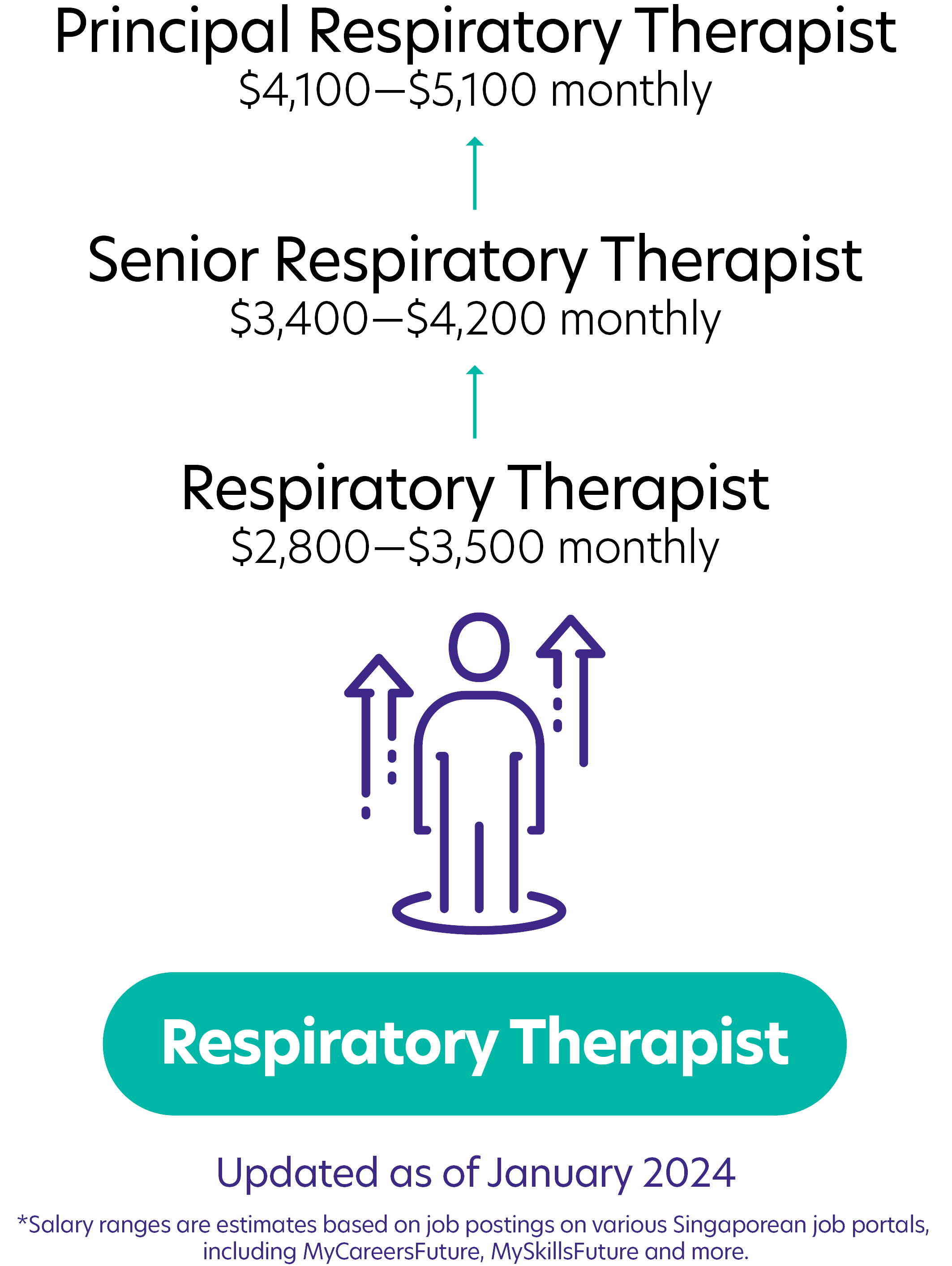
Skills you need to pursue a Respiratory Therapist career in Singapore
Oxygen Administration
Proficiency in administering oxygen therapy, adjusting flow rates and delivery methods to patient needs.Cardiopulmonary Resuscitation (CPR)
Certified and equipped to handle emergency respiratory situations and aid cardiac function.Respiratory Assessment
Proficiency in evaluating lung function and diagnosing respiratory conditions for effective treatment.Critical Thinking
Ability to analyse complex clinical data and make informed decisions in fast-paced, challenging situations.Problem-Solving
Skillful in identifying and resolving respiratory issues, ensuring effective patient treatment and care.Compassion
Empathetic approach towards patients, providing comfort and reassurance during Respiratory Therapy.
“We ensure a patient's breathing is regulated by managing ventilators and artificial airway devices.”
Crystaline Poh, Respiratory Therapist
Related Job Roles
Explore Other Programmes
Browse AllYou have bookmarked your first item!
Find it in My Discoveries with insights on your interests!


